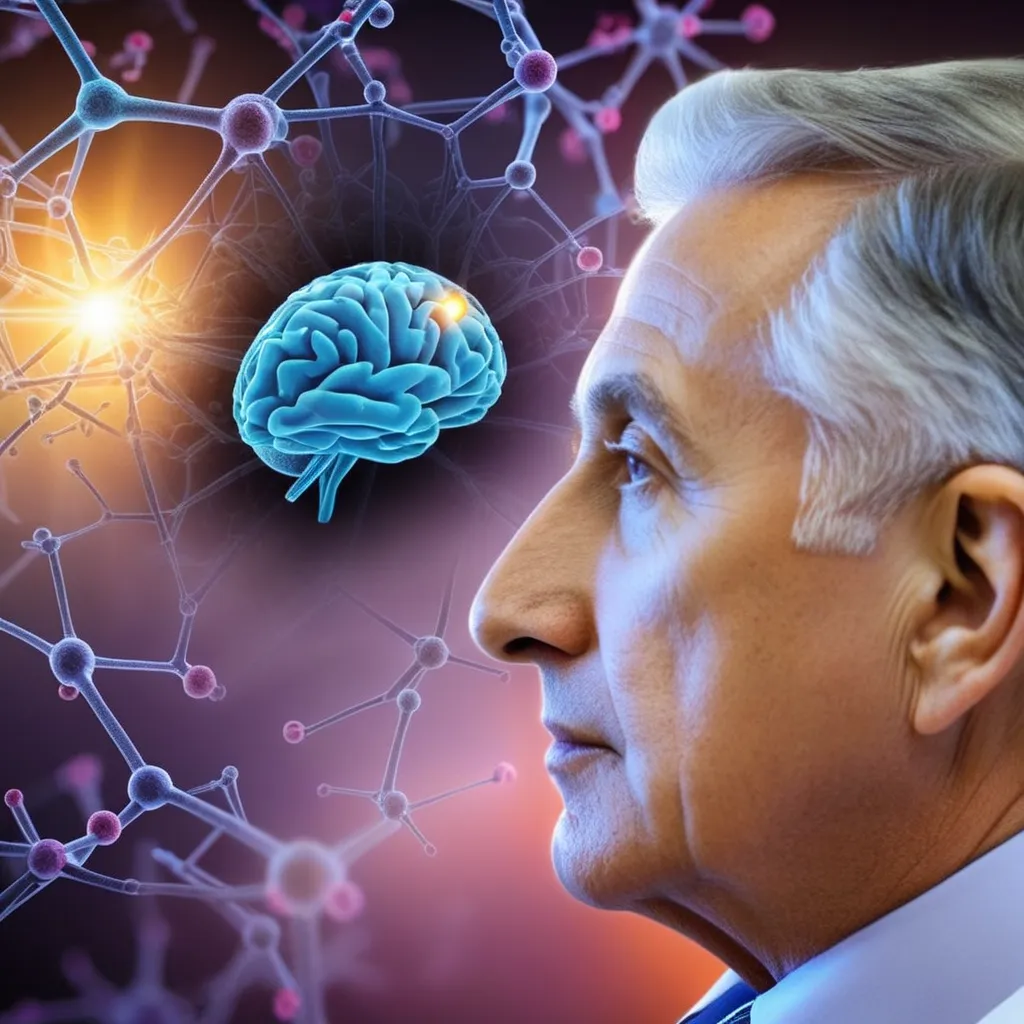Major Breakthrough in Treating Alzheimer's with Nanotechnology
For many families, the word "Alzheimer's" strikes a chord of fear and heartbreak. The progressive brain disorder affects millions of people worldwide, robbing them of their memories and cognitive abilities. But amid the challenges, there's a ray of hope – a major breakthrough in treating Alzheimer's using nanotechnology. It's a scientific achievement that holds the promise of changing lives and providing much-needed relief to those affected by the disease.

The Alzheimer's Conundrum
Alzheimer's disease is a formidable adversary, affecting not only the individuals diagnosed but also their loved ones who witness the gradual decline in memory and cognition.
Personal Connection
I have a close friend who has been caring for her mother with Alzheimer's for several years. I've seen the toll it takes on her family and the relentless quest for solutions. It's a reminder of the urgency to find effective treatments.
The Role of Nanotechnology
Nanotechnology involves manipulating materials and structures at the nanometer scale, and it has opened up new possibilities in medicine and healthcare.
1. Precision Medicine
Nanotechnology allows for the precise targeting of affected brain regions, minimizing collateral damage to healthy cells.
2. Drug Delivery
Nano-sized particles can carry medications directly to the brain, overcoming the blood-brain barrier that often limits the effectiveness of treatments.
3. Early Detection
Nanotechnology can enable the development of highly sensitive diagnostic tools, potentially allowing for early detection and intervention.
The Breakthrough in Alzheimer's Treatment
Recent research in the field of nanotechnology has yielded a groundbreaking approach to Alzheimer's treatment.
1. Beta-Amyloid Removal
One of the hallmarks of Alzheimer's is the accumulation of beta-amyloid plaques in the brain. Nanoparticles have been developed to target and clear these plaques, slowing down the progression of the disease.
2. Cognitive Enhancement
Nanotechnology-based treatments have shown promise in restoring cognitive function in animal models, raising hopes for similar results in humans.
3. Long-Term Impact
The potential long-term benefits of nanotechnology in Alzheimer's treatment include improved quality of life for patients and reduced caregiving burden for families.
Challenges and Ethical Considerations
While the breakthrough in Alzheimer's treatment with nanotechnology is promising, it also raises important questions and challenges.
1. Safety
Ensuring the safety of nanotechnology-based treatments, especially in the delicate environment of the brain, is a paramount concern.
2. Access and Affordability
Making these advanced treatments accessible and affordable to a broad range of patients is essential.
3. Ethical Considerations
Nanotechnology opens the door to interventions that can alter cognitive functions. Ethical discussions on consent and potential unintended consequences are crucial.
A Beacon of Hope
The major breakthrough in Alzheimer's treatment with nanotechnology represents a beacon of hope for millions of families worldwide.
Personal Perspective
Reflecting on the transition from helplessness in the face of Alzheimer's to the potential for effective treatments, it's clear that science has the power to change lives. It's a testament to human innovation and determination.
In conclusion, the major breakthrough in treating Alzheimer's with nanotechnology is a milestone that offers hope in the face of a devastating disease. While there are challenges and ethical considerations to address, the potential for improved treatment and enhanced quality of life for affected individuals is cause for optimism. As we move forward, let's continue to support research and responsible development in the pursuit of a world where Alzheimer's is no longer an insurmountable obstacle.

No comments:
Post a Comment